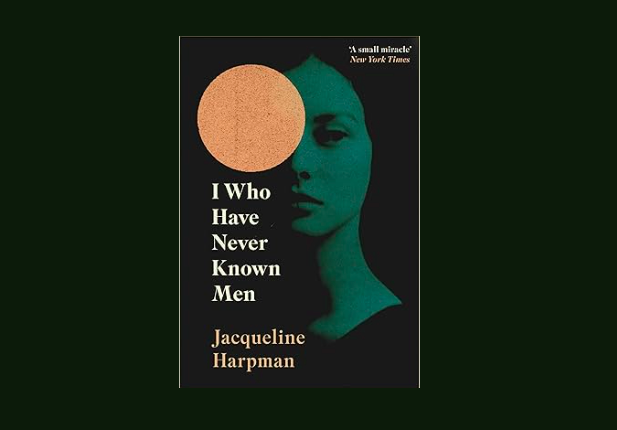
I Who Have Never Known Men by Belgian author Jacqueline Harpman is experiencing an unexpected revival thanks to social media buzz. Originally released in 1995, this feminist dystopia is making a major comeback in France following viral success in the English-speaking world.
The reissue of I Who Have Never Known Men by Belgian author Jacqueline Harpman marks the unexpected resurgence of a feminist dystopian novel. Critically acclaimed upon its 1995 release, the book has found new life on social media in the 2020s.
Following successful reissues in the UK and US, French publisher Stock is now bringing the haunting story back to readers. In it, the unnamed narrator exists in a bleak, stripped-down world—devoid of any clear past or future—first oppressive, then increasingly disorienting.
The novel’s return to France comes after a wave of “virality” in English-speaking countries, fueled by platforms like TikTok and Instagram.
The Cut, the digital extension of New York Magazine, compared it to a cornerstone of the genre: The Handmaid’s Tale by Canadian author Margaret Atwood.
“No one knows exactly how it happened,” wrote one literary journalist, after seeing hundreds of young readers online describe it as one of their all-time favorite books.
“Exploring Female Identity”
Jacqueline Harpman was 66 when she published this, her ninth novel. She was already a respected name in literary circles.
A trained psychoanalyst from Brussels, she was a finalist for the prestigious French Femina Prize, just as she had been four years earlier with La Plage d’Ostende. Though she lost again, she would go on to win the 1996 Prix Médicis for Orlanda.
After her death in 2012, Harpman’s work began attracting academic interest. Alongside French authors like Nina Bouraoui and Marguerite Yourcenar, she is one of eight women writers studied in a doctoral thesis on “the construction of female identity” in literature since 1950.
Identity—particularly female identity—runs through all of Harpman’s fiction. Her precise, classical writing style contrasts starkly with the unsettling and complex questions posed in her work. In this case: what is the point of living when human connection is forbidden? What happens to a society without men?
According to The Cut, the rediscovery began in 2018, when an editor at Vintage UK happened upon this long-forgotten novel. Originally published in English in 1997 as The Mistress of Silence, the title was updated in 2019 to I Who Have Never Known Men, closer to Harpman’s original intention.
At a time when feminism was under attack from conservative circles, and The Handmaid’s Tale was regaining popularity, Vintage’s new edition—with a revised translation by Ros Schwartz and a modernized cover—struck a chord. Stock would later adopt the same cover for its own reissue.
“Striking a Nerve”
“After the spring 2020 lockdown, it suddenly became a bestseller,” explains Raphaëlle Liebaert, editor at Stock. The novel opens with 40 women locked in a cage, forbidden from touching one another—an eerie echo of social distancing and pandemic-era restrictions.
In 2022, U.S. publisher Transit Books took the same gamble. The novel also proved successful in America.
“That’s one of the magical things about publishing—you never really know,” Schwartz told The Guardian in February. “I think it struck an emotional chord with the younger generation in a way it didn’t back then.”
The French edition now includes a new foreword by 31-year-old novelist Julia Malye, who points out that “Jacqueline Harpman drafted the story in one night” and sees the work as “not only feminist, but deeply humanist.”
“We’ve reached 30 international licensing deals. It’s rare for a French-language book to be translated this widely,” says Liebaert.
With AFP
Comments